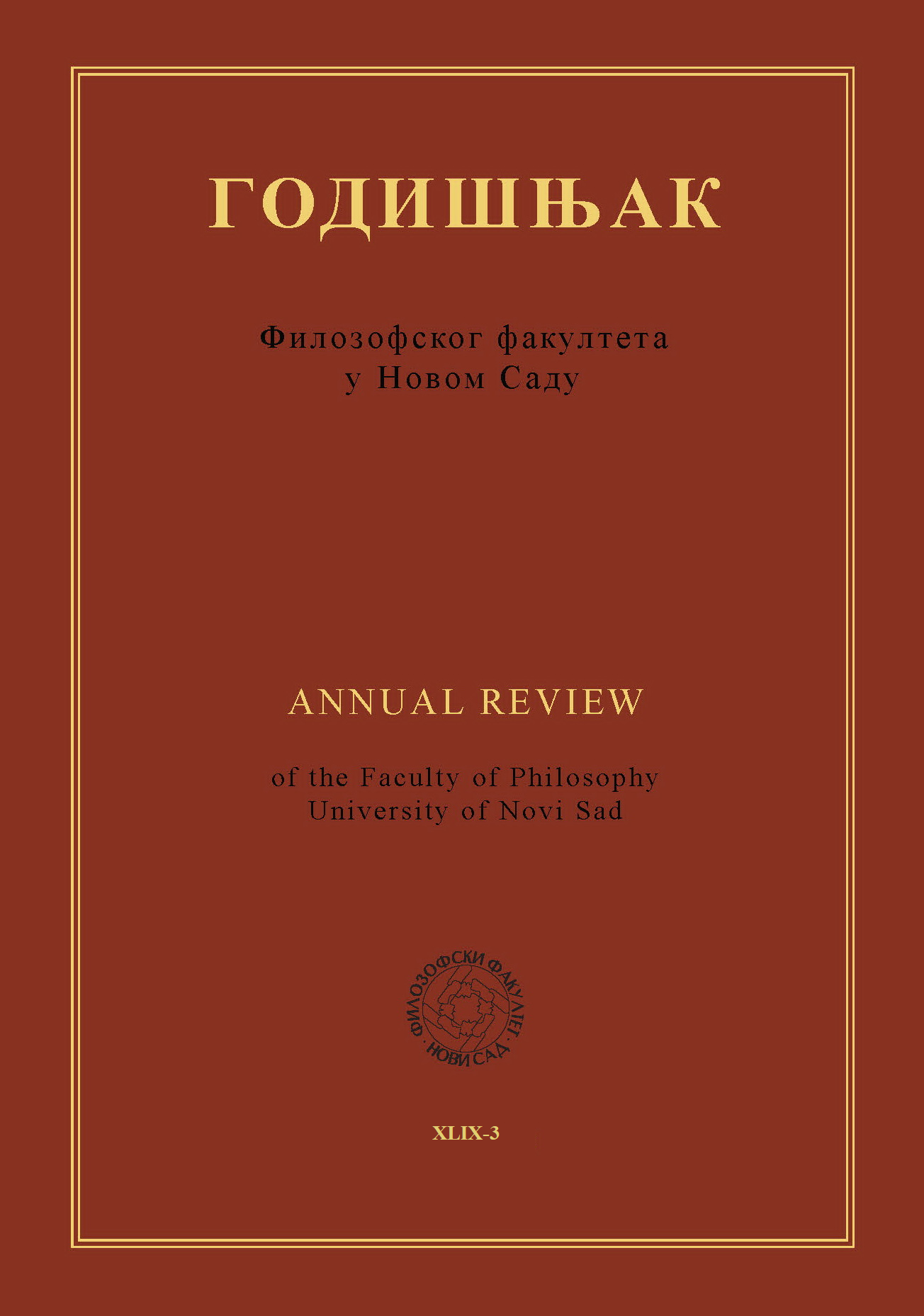THE IMPORTANCE OF ITALIAN ARCHIVES AND MUSEUMS IN PRESERVING PRECIOUS DOCUMENTS FOR ALBANIA
Main Article Content
Abstract
Albania, throughout centuries, has been closely linked to the material, spiritual, cultural, artistic, and religious aspects more than any other country in Western Europe. Primarily, due to geographical reasons, Albania's long coastline, faces the Mediterranean basin, which has been a source of communication, exchange, as well as conflicts between the countries surrounding it. From this perspective, Albania has been a part of the Mediterranean "system" since ancient times, sharing forms of life closely. To focus on the medieval and modern ages, various Italian states have been closely tied to Albania, serving as a bridge to the East. This includes the Republic of Venice, the Kingdom of Naples, and the Papal State, among others. From geographical position to economic and political relations, the interest of various Italian states quickly centered on Albania, as its coastline facilitated commercial exchanges with the nearby East. Throughout the Middle Ages, there was a continuous flow of goods from coast to coast, with a constant pursuit of routes for various products such as salt, grains, and timber, as well as finished goods. The Republic of Venice, which considered the Adriatic its own "Gulf," played a leading role in these economic strategies and in controlling political events on the other shore. From economic and political relations to religious, cultural, and artistic ones: as goods circulated, so did people, ideas, thoughts, and artistic choices. Ships carried priests, notaries, religious figures, painters, sculptors, and geographers, contributing to the creation of a true Adriatic common culture. Trade routes intertwined with paths of faith, and these were intertwined with political systems. Even from this brief overview, one can understand how much shared memory has been preserved and is documented in the numerous archives of various Italian regions. These archives have proven invaluable in uncovering pages of Albania's history, even in modern times. Italian and Venetian archives and museums, once again, testify to the historical ties of the peoples in the Adriatic basin, particularly the connections between the Venetians and the Albanians. It is inspiring to walk through the streets of Venice, to delve into the archives of history to deepen our knowledge, and to recover our values. These discoveries make us proud of our past and origins, and at the same time more attentive and responsible to conserve and promote values, continue research as there is still much material to explore in the future and contribute to peace among peoples.
Downloads
Metrics
No metrics found.
Article Details

This work is licensed under a Creative Commons Attribution-ShareAlike 4.0 International License.
References
Gliubich, S. (1856). Dizionario biografico di uomini illustri della Dalmazia, Vienna-Zara.
Ortalli, F. (2002). Per la salute delle anime e delli corpi. Scuole piccole a Venezia, Venezia, Marsilio.
Nadin, L. (2002). Statuti di Scutari della prima metà del secolo XIV. Con le addizioni fino al 1469, Roma, Viella. (a cura di). Traduzione in albanese di Pellumb Xhufi; con saggi di Gherardo Ortalli, Giambattista Pellegrini, Oliver J. Schmitt. Pubblicazione con patrocinio della Presidenza della Repubblica Italiana e Albanese.
EADEM, (2008). Migrazioni e integrazione. Il caso degli Albanesi a Venezia (1479-1552), Roma, Bulzoni. Edizione albanese (2008). Shqiptarët në Venedig. Mërgim e integrim 1479-1552, Tirana, Shtëpia botuese “55”.
EADEM, (2012). Albania ritrovata. Presenze albanesi nella cultura e nell’arte del Cinquecento veneto. Shqipëria e rigjetur zbulim gjurmësh shqiptare në kulturën dhe artin e venetos në shk. XVI, Tirana, Onufri, Traduzione in albanese di Pellumb Xhufi. Redazione di Anila Omari.
Plasari, A. (2010). Skënderbeu një histori politike. Tirana, Instituti “Gjergj Fishta”.
Markham Schulz, A.(2011). Woodcarving and Woodcarvers in Venice 1350-1550, Firenze.
Saraçi, A. (2015). Il commercio adriatico di Scutari con la Repubblica di Venezia nei secoli XVII-XVIII, tesi di dottorato, Università Venezia-Tirana, in corso di stampa.




